October is recognized as Pregnancy and Infant Loss Awareness Month. In light of this, we at Rockwall Counseling and Wellness want to take a moment here on our blog to recognize those of you affected by this and honor your journey. We know that no words typed here can ever lessen the depth of your grief, but we hope you know we are deeply sorry. We grieve alongside you and your families and hope you find comfort and peace.
As you process this immense loss, there are things that mental health professionals agree can be helpful.
Acknowledge that the loss you are grieving is real and the emotions you feel are valid.
One unfortunate thing that happens around pregnancy loss is that there is a societal norm that tends to diminish the loss as being “just a pregnancy” or “at least it was early on.” But the reality is that no matter how far along your pregnancy was when you miscarried or lost an infant child, your grief is very real. Surround yourself with those who validate your grief and support any healthy way in which you choose to cope with the loss.
Find ways to honor the child you’ve lost.
Many communities offer nights of remembrance for child and pregnancy loss in which participants can light candles, release balloons, or say a few words honoring their loved one. This may help you feel that you have honored your child in a way that you were previously unable to. Others have said that creating remembrance books, shadow boxes or other physical reminders of their child’s life is helpful. You could include things such as sonogram images, pregnancy tests, inked footprints or other items that you find significant. Even if you don’t display this, it can be helpful in remembering and honoring your child.
Communicate your feelings openly and honestly with those whom you feel safest.
As with any situation in which you grieve, the loss of a pregnancy or infant loss comes with many emotions. You may feel anger, resentment, frustration, confusion, or a myriad of other things. Talk to those around you who you know will listen without judgment or without trying to “fix” the situation. If this is not something you’re sure where to find, consider talking with a licensed mental health professional as you process your experience.
Know that this is not your fault.
As humans, it is our natural response to unexplainable situations to try to explain them. We want a reason for what we’re experiencing, especially when it is tragic or difficult. You may be seeking a reason this happened to your family to try to avoid another loss or simply to feel more assurance. But even if there is no known reason for what occurred, it is important to remember that you did nothing wrong. Most pregnancy and infant loss is through no fault of the mother or anyone else. You did nothing wrong. This is not your fault. If seeking answers to the question of “why” is making you more anxious or more frustrated, it may be better to let that search go, and you can work with someone to learn how to speak truth to yourself about the situation rather than focusing on what you don’t know.
Seek out support groups or other organizations that connect people going through pregnancy or infant loss.
One way to find comfort in situations like these is to come together with people who have a shared experience. Shared experiences create empathy, and while it’s great for people to sympathize with you and want you to feel comfort, empathy is different. Empathy says “I’ve stood where you stand, and we can get through this together.” You may find support groups through your local church, your healthcare provider, or through organizations like the March of Dimes.
At the end of the day, your grief is your own. No one can tell you exactly how you should grieve or what process you may need to go through. If you’re faced with well-intentioned people who offer platitudes like “at least…” or, “You can always try again,” keep in mind a few things. First, those people do not say these things out of malice or unkindness. They’re likely doing what we all naturally do when someone we know is suffering - trying to say or do anything to be helpful. No one likes feeling that they can’t help, and often we will say the first thing that comes to mind in a situation like this. It is not your responsibility to teach them what to say.
Pregnancy and infant loss is something no one should ever have to go through, but if you find yourself going through it, you are not alone. 10-20% of known pregnancies end in miscarriage. It is estimated that 1 in 4 women will experience a pregnancy loss in their lifetime. If you would like to speak to one of our licensed therapists or counselors about your grief and your healing, click the link below to get started. It would be our honor to walk alongside you through this difficult time.
Written by Emily Taylor, Contributing Writer


